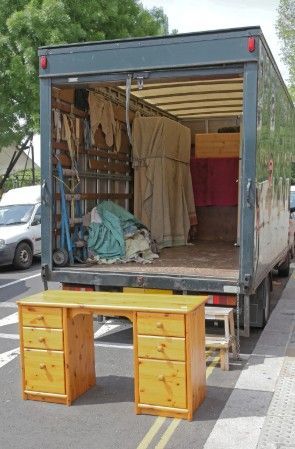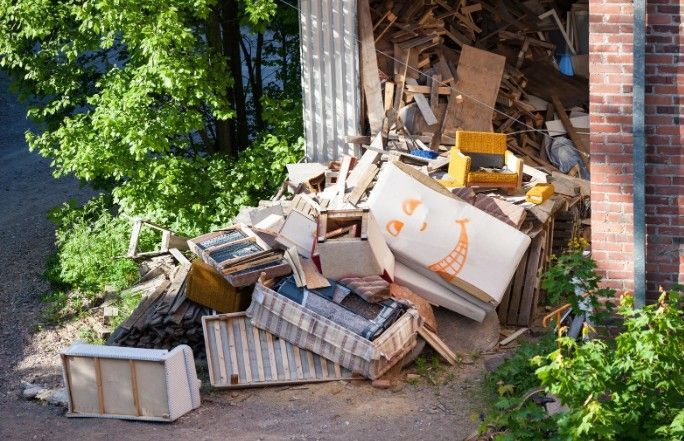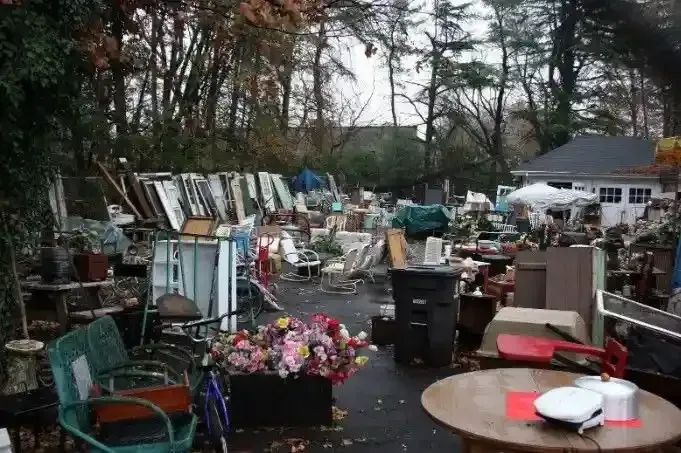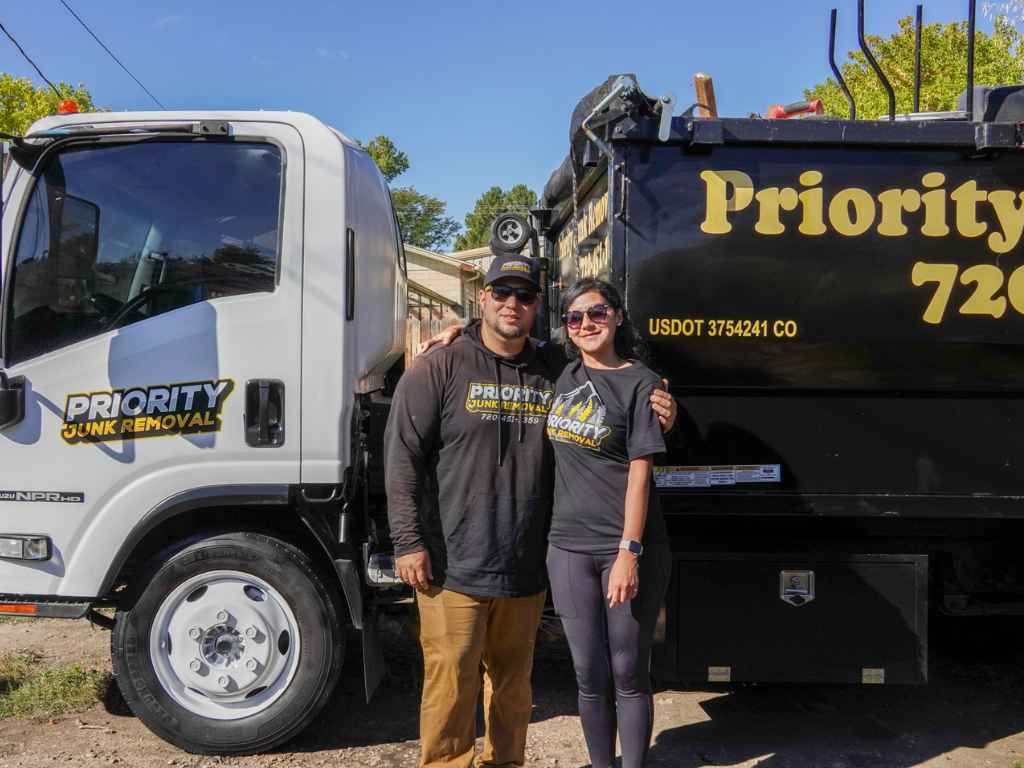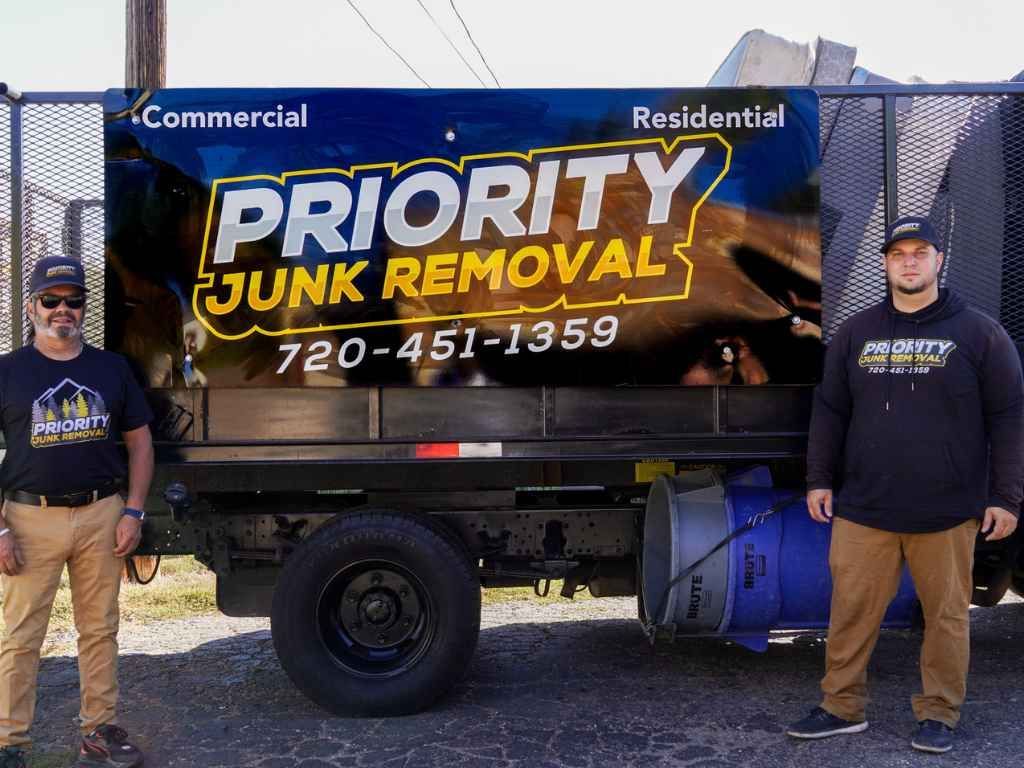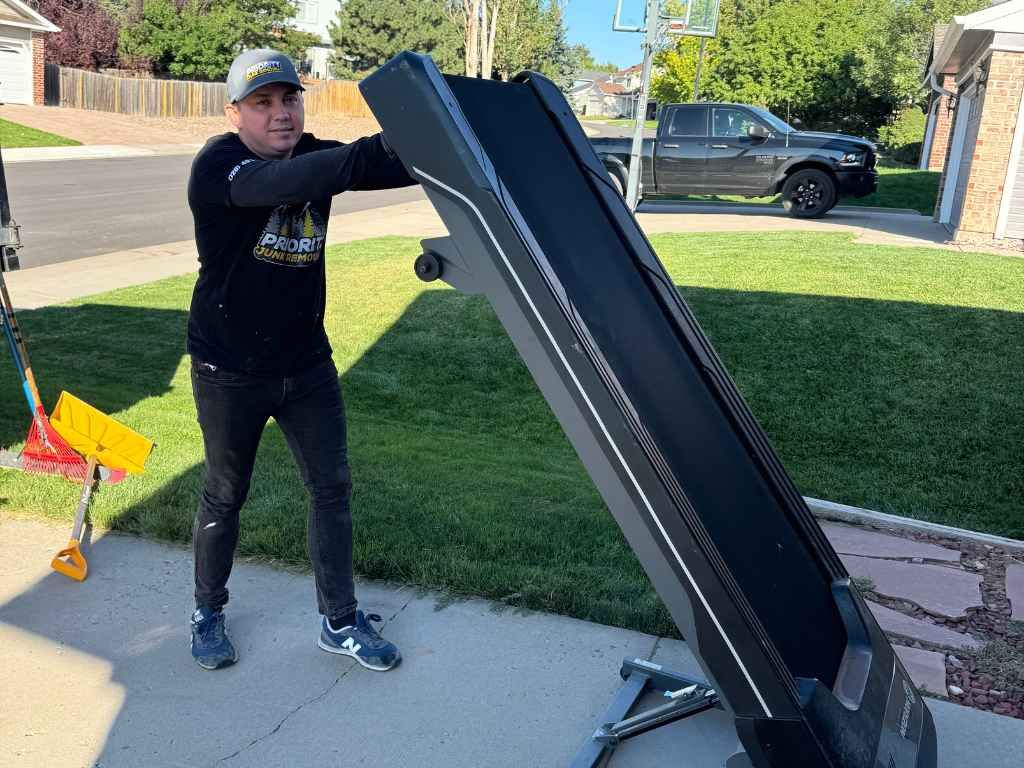Eco-Friendly Yard Waste Removal: What You Should Know
In an age where environmental consciousness is more important than ever, homeowners are increasingly seeking sustainable ways to handle their yard waste. From autumn leaves to pruned branches, grass clippings to storm debris, all the discarded materials that pile up from regular yard maintenance often pose a dilemma. Not only do these waste products need to be dealt with efficiently, but it's crucial that they be handled in a way that minimizes environmental harm. So, what exactly is eco-friendly yard waste removal, and how can you ensure your yard clean-up contributes to a greener planet?
What Is Yard Waste?
Yard waste includes any plant-based materials that are left over from gardening, landscaping, or yard maintenance activities. This can range from grass clippings, fallen leaves, and hedge trimmings to larger tree branches, sticks, and even sod. It’s essential to distinguish yard waste from other types of waste like plastics or metals. Yard waste is compostable and recyclable, which means it can be repurposed into something useful like mulch, compost, or even energy when handled appropriately.
However, when yard waste ends up in landfills, it can become a significant environmental problem. Decomposing organic matter in landfills generates methane, a potent greenhouse gas that accelerates climate change. Therefore, disposing of yard waste properly is a critical step in reducing your carbon footprint.
The Importance of Eco-Friendly Yard Waste Disposal
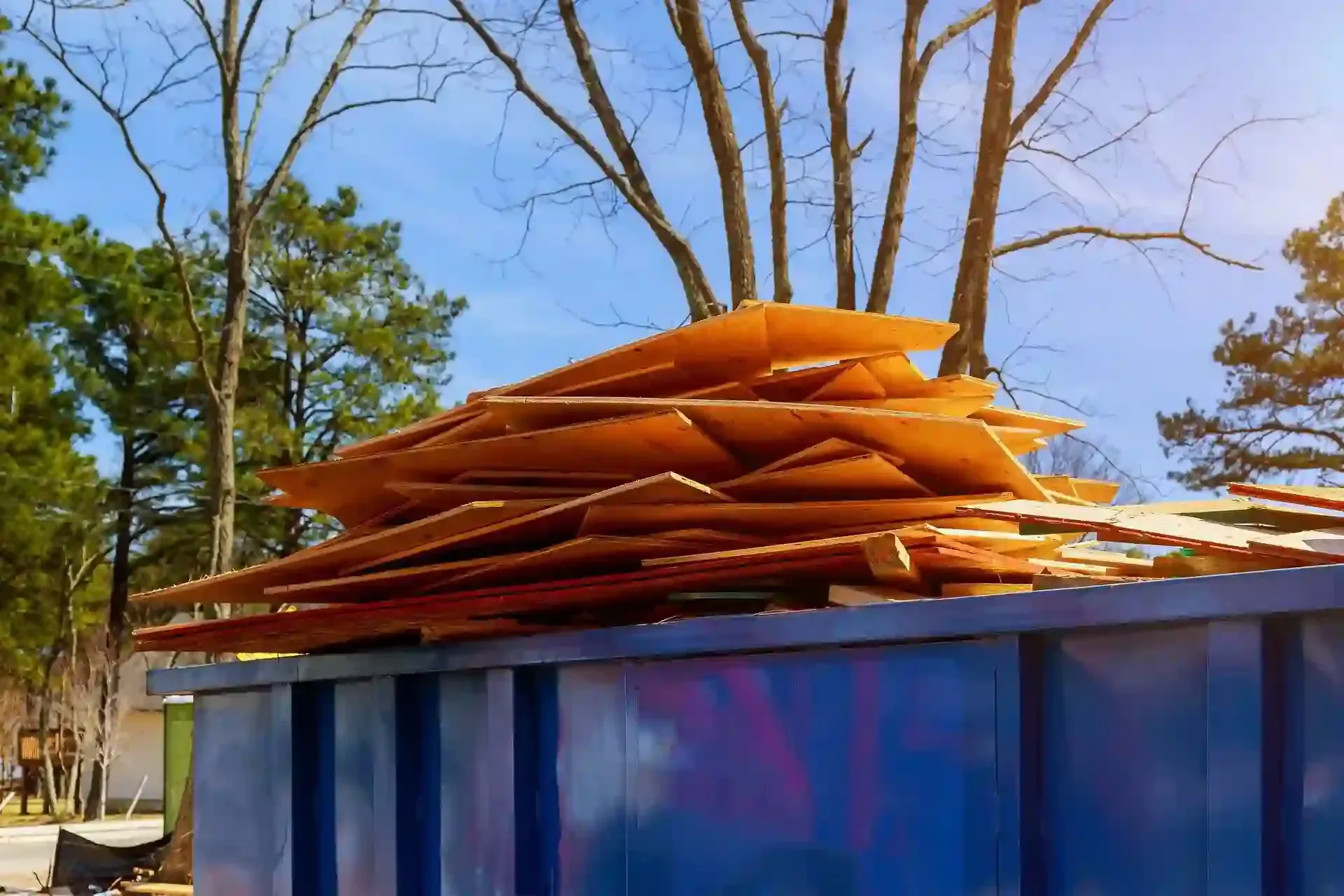
Traditional yard waste removal methods, such as sending everything to a landfill, are no longer acceptable in today's eco-conscious world. Here's why eco-friendly removal is so crucial:
- Waste Reduction: Yard waste often takes up significant
space in landfills, contributing to overcrowding. By diverting this waste from landfills, we can significantly reduce overall waste.
- Soil Health: Rather than just throwing away yard waste, it can be composted or used to enrich the soil. Composted yard waste provides rich organic matter that improves soil structure, water retention, and nutrient levels.
- Sustainable Practices: Eco-friendly disposal methods involve techniques that conserve natural resources and promote sustainability, from composting to recycling to turning waste into renewable energy.
- Preventing Pollution: When yard waste is improperly disposed of, such as by burning or sending it to landfills, it can contribute to air and water pollution. Eco-friendly methods help prevent this environmental harm.
Composting: The Natural Solution
Composting is one of the most sustainable and effective ways to manage yard waste while benefiting your garden. This process involves collecting organic materials like leaves, grass clippings, small branches, and plant trimmings and allowing them to naturally decompose over time. The result is nutrient-rich compost that can be used to improve the quality of your garden soil. Composting reduces the amount of waste that ends up in landfills, which in turn helps cut down on harmful methane emissions produced by organic waste in anaerobic landfill conditions.
It also lessens the need for chemical fertilizers, which often seep into groundwater and harm local ecosystems. To start composting, create a designated compost pile or bin in your yard, adding a balanced mix of "greens" (like grass and fruit scraps) and "browns" (like leaves and twigs) to maintain proper decomposition. While not all yard waste is compostable—such as diseased plants or invasive species—it’s a practical solution for most organic materials.
Mulching: Reusing Yard Waste on Site
Mulching is a practical and eco-friendly method of yard waste management that not only reduces waste but also improves the health of your garden. It involves shredding organic materials like leaves, grass clippings, and small branches, then spreading them over garden beds and around trees. Mulch acts as a protective layer, helping to retain moisture, prevent soil erosion, and regulate soil temperature. As it decomposes, mulch releases nutrients into the soil, enhancing plant growth naturally.
You can create mulch using a lawn mower or by renting a mulcher from a local hardware store. This approach reduces the need for chemical pesticides and fertilizers, which can harm beneficial insects and pollute water sources. Mulch also helps to suppress weeds, making garden maintenance easier and reducing competition for nutrients. In addition to improving soil health, mulching gives your garden a neat, finished look while recycling yard waste back into the ecosystem.
Recycling Yard Waste
Recycling yard waste is a highly effective way to repurpose organic materials and reduce landfill waste. Many types of yard debris, such as tree branches, grass clippings, and leaves, can be recycled into useful products like wood chips, mulch, and bioenergy. Some municipalities and private companies operate yard waste recycling programs, where collected materials are processed and converted into compost, soil amendments, or renewable energy sources. For example, wood chips made from recycled branches can be used in landscaping projects, while grass clippings and leaves are turned into nutrient-rich compost.
Recycling yard waste helps divert organic material from landfills, where it would otherwise contribute to methane emissions. It also reduces the demand for virgin resources by repurposing existing materials. To participate in a yard waste recycling program, check with your local waste management facility or community recycling center to understand collection guidelines.
Green Waste Collection Services
Green waste collection services offer a convenient and environmentally friendly solution for yard waste disposal. Many local governments provide curbside pickup for green waste, including grass clippings, leaves, branches, and other organic debris. These services ensure that collected materials are properly processed through composting, mulching, or recycling. If your municipality does not offer green waste pickup, private waste removal companies often provide similar services, handling larger volumes of yard waste or specific materials that might not be accepted in regular curbside programs.
The convenience of green waste collection allows you to manage large quantities of yard debris without needing to transport it yourself. These services help reduce the burden on landfills, cut down on greenhouse gas emissions, and ensure that organic materials are repurposed into useful products. Additionally, green waste collection services often have specific guidelines for separating yard waste from other types of trash, helping to streamline the recycling and composting process.
Donating Yard Waste (for Landscaping Projects)
Donating yard waste is an innovative way to give organic materials a second life while supporting local community projects. If you have large quantities of yard waste from landscaping work, such as tree branches, plants, sod, or soil, consider donating them to local community gardens, schools, or urban farms. Many gardeners and landscapers welcome organic materials to improve their soil and create new planting beds.
By donating yard waste, you reduce the amount of material sent to landfills and contribute to the growth of green spaces in your community. It’s a win-win—your yard waste becomes a valuable resource for someone else, and you help promote sustainable gardening practices. Before donating, contact local gardening groups or community organizations to see what materials they need and how to deliver them. By turning your yard waste into a resource for others, you help foster a more sustainable and interconnected community.
The Challenges of Eco-Friendly Yard Waste Removal
While there are many benefits to eco-friendly yard waste removal, it’s not always an easy task. Some of the challenges you might face include:
- Storage Space: Composting and mulching require space, which can be a challenge for homeowners with smaller yards.
- Time: Composting and mulching can be time-consuming, especially if you’re dealing with large quantities of yard waste.
- Labor: Some methods, like mulching or hauling large branches, can require a lot of physical labor or specialized equipment.
However, with the right approach and resources, these challenges can be easily overcome, and the environmental benefits make it worthwhile.
Common Mistakes to Avoid with Eco Friendly Yard Waste Removal
Many homeowners unintentionally harm the environment when managing yard waste. One common mistake is tossing leaves and grass clippings in plastic bags, which prevents them from decomposing naturally. Burning yard waste might seem quick, but it releases harmful toxins into the air. Overloading compost piles with large branches can slow down the breakdown process, reducing compost quality.
Additionally, leaving yard waste in storm drains can clog waterways and harm aquatic life. Understanding proper disposal methods helps you avoid these pitfalls and make the most of your yard waste. Thoughtful, eco-friendly removal methods help protect the environment and keep your yard in top shape.
The Importance of Eco Friendly Yard Waste Removal
Taking care of yard waste might seem straightforward, but how you handle it can make a significant difference for the environment. Tossing leaves, branches, and grass clippings in the trash may seem convenient, but it contributes to landfill overflow and increases greenhouse gas emissions. Eco-friendly yard waste removal offers a sustainable alternative that minimizes environmental harm.
It involves composting, recycling, and proper disposal methods that reduce waste and enrich the soil. Choosing an eco-friendly service ensures that natural materials are repurposed rather than wasted. This approach not only supports the planet but also helps keep your yard looking neat and healthy. With the right disposal techniques, you can maintain a green and thriving outdoor space while reducing your ecological footprint.
Conclusion
As environmental awareness grows, it's clear that the way we handle yard waste needs to evolve. By opting for eco-friendly removal methods such as composting, mulching, recycling, or donating, you can do your part to reduce waste, conserve resources, and promote sustainability. If you're looking for a hassle-free, eco-conscious way to handle your yard waste removal, reach out to Priority Junk Removal.
Priority Junk Removal is located at 6091 South Spotswood Street, Littleton, Colorado 80120, United States. For more information, you can contact them at 720-451-1359 or email them at priorityjunkremoval@gmail.com.

